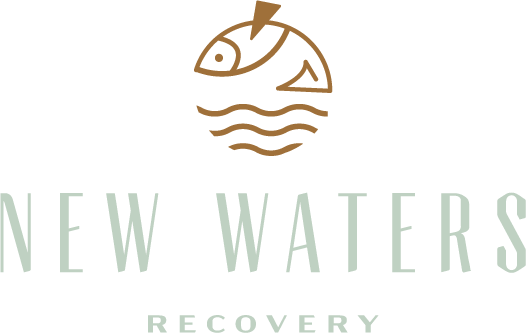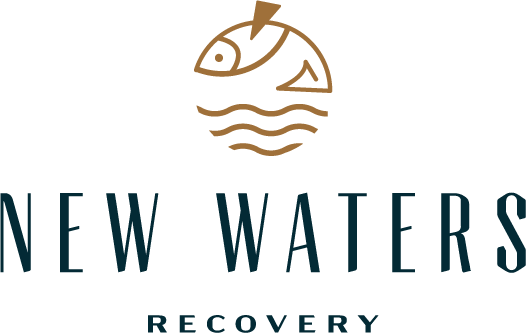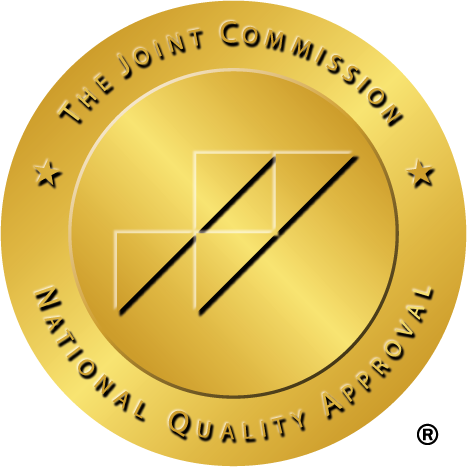Known for its vibrant arts scene, historic architecture, and the sprawling Biltmore Estate, Asheville has something for everyone. There are endless galleries and museums, artists’ studios, and outdoor adventures, yet many of Asheville’s residents struggle with drug and alcohol addiction.
Fortunately, Asheville has plenty of treatment centers nestled in the serene Blue Ridge Mountain region to promote recovery. No matter your stage in the recovery process, drug rehabs in North Carolina offer detox, inpatient and outpatient treatment, behavioral therapies, and aftercare to help you reach your goals.









